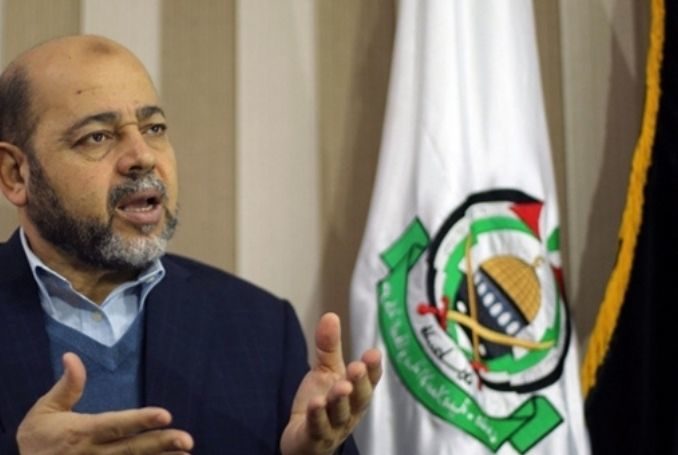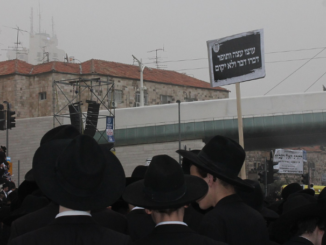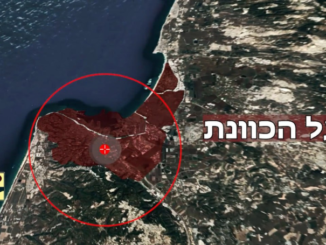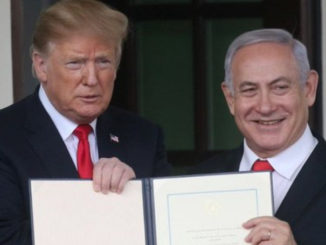
Mousa Abu Marzouk, a member of Hamas’s Political Bureau, said on Thursday there is a possibility for progress in prisoner exchange negotiations.
Abu Marzouk’s comments were made in an interview with Al-Ghad TV.
“There might be lots of breakthroughs in the near future regarding ceasefire negotiations,” he said.
Commenting on governing after the war, the top Hamas official said that “Hamas does not view governing Gaza as an end in itself, and it is in favor of a competent Palestinian government running the sector.”
He pointed out that halting the killings and returning to the northern Gaza Strip are two conditions the movement insists on during negotiations
The senior Hamas member affirmed that the movement has set a condition for the release of 500 Palestinian prisoners for every Israeli detainee.
He said that the withdrawal of Israeli forces, especially from the Salah Al-Din area and Rashid Street, are the main obstacle in the negotiations.
In response to Israeli threats of invading Rafah city, Abu Marzouk stated the movement’s unwavering rejection of releasing Israeli detainees in exchange for preventing the invasion.
He stressed that if Israel invaded Rafah, it would be worse for them and they would not achieve any of their goals.
He emphasized that the resistance movement in Rafah is well prepared.
Haniyeh Leaves Cairo
In related news the head of Hamas’ political bureau, Ismail Haniyeh, concluded a visit to Egypt that lasted several days to discuss stopping the war in the Strip.
The delegation held several meetings with the head of Egyptian intelligence and his assistants, to discuss the situation in the besieged enclave.
According to Gaza’s Ministry of Health, 29,514 Palestinians have been killed, and 69,616 wounded in Israel’s ongoing genocide in Gaza starting on October 7.
Moreover, at least 7,000 people are unaccounted for, presumed dead under the rubble of their homes throughout the Strip.
Palestinian and international organizations say that the majority of those killed and wounded are women and children.
The Israeli aggression has also resulted in the forceful displacement of nearly two million people from all over the Gaza Strip, with the vast majority of the displaced forced into the densely crowded southern city of Rafah near the border with Egypt – in what has become Palestine’s largest mass exodus since the 1948 Nakba.
Israel says that 1,200 soldiers and civilians were killed during the Al-Aqsa Flood Operation on October 7.
(PC, MEMO, AJA)







